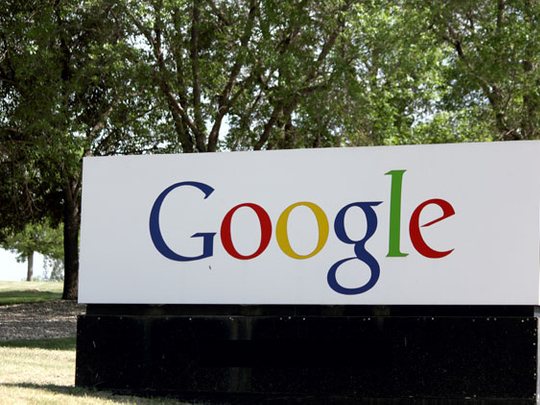
London: When you're faced with an unexplained medical problem, it can seem easier and quicker to go online for answers rather than wait for a doctor's appointment.
But researchers have found that one in four British women has misdiagnosed themselves on the internet — then bought the wrong product to try to cure their illness.
‘Dr Google' is now the first port of call for women with health concerns, but it rarely provides an accurate diagnosis, the experts say.
In fact, searching for symptoms online and self-medicating has led one in ten women to endure unpleasant side effects as a result of their misdiagnosis.
And almost half of women have diagnosed themselves online, then bought a treatment on the high street without checking with pharmacists if it is the correct product.
The trend for trusting the internet over medical professionals or friends and family was highlighted in a survey of 1,000 women. A fifth had at some time wrongly suspected they had a serious disease.
The most common false alarm came over breast cancer.












